in Thoreau’s Journal:
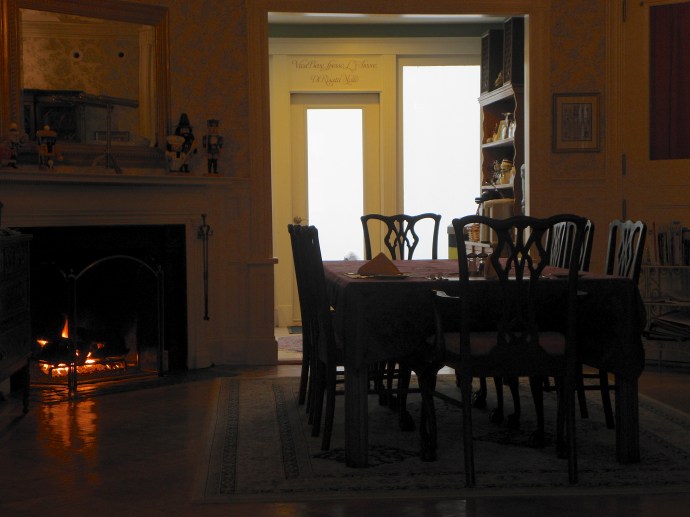
The laws of nature always furnish us with the best excuse for going & coming. If we do not go now—we shall find our fire out.
———————-
November 11, 1851 in Thoreau’s Journal:
It is not I but nature in me.
The Work Of Happiness
I thought of happiness, how it is woven
Out of the silence in the empty house each day
And how it is not sudden and it is not given
But is creation itself like the growth of a tree.
No one has seen it happen, but inside the bark
Another circle is growing in the expanding ring.
No one has heard the root go deeper in the dark,
But the tree is lifted by this inward work
And its plumes shine, and its leaves are glittering.
So happiness is woven out of the peace of hours
And strikes its roots deep in the house alone:
The old chest in the corner, cool waxed floors,
White curtains softly and continually blown
As the free air moves quietly about the room;
A shelf of books, a table, and the white-washed wall––
These are the dear familiar gods of home,
And here the work of faith can best be done,
The growing tree is green and musical
For what is happiness but growth in peace,
The timeless sense of time when furniture
Has stood a life’s span in a single place,
And as the air moves, so the old dreams stir
The shining leaves of present happiness?
No one has heard thought or listened to a mind,
But where people have lived in inwardness
The air is charged with blessing and does bless;
Windows look out on mountains and the walls are kind.
— May Sarton



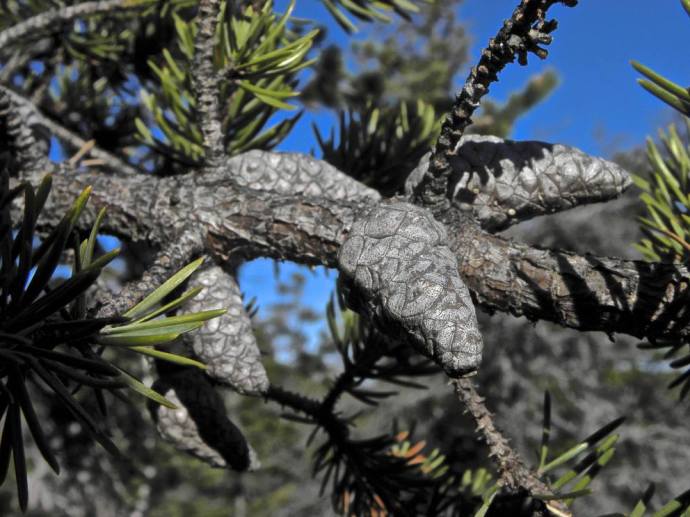

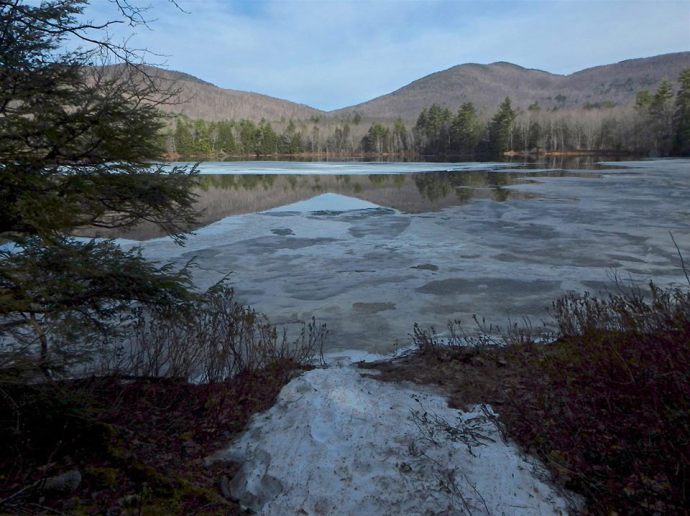



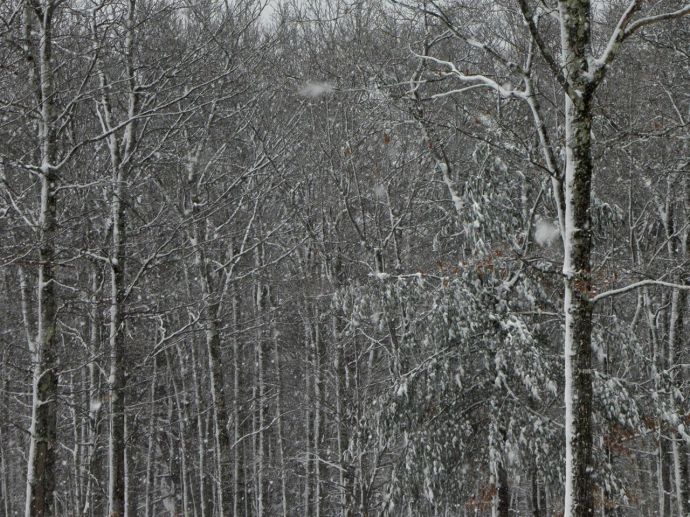
 I am that stone by the pond side.
I am that stone by the pond side.


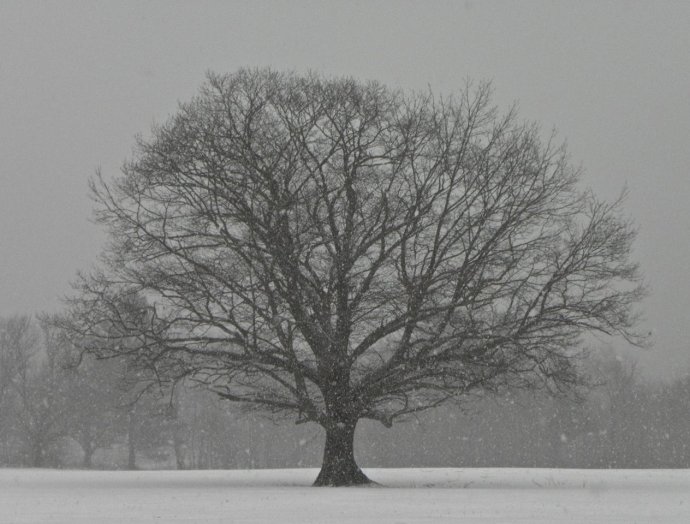
 in Thoreau’s Journal:
in Thoreau’s Journal:

 Our prairial mediterranean shore….If you cannot go on the ice—you are gently compelled to take this course which is on the whole more beautiful—to follow the sinuosities of the meadow.
Our prairial mediterranean shore….If you cannot go on the ice—you are gently compelled to take this course which is on the whole more beautiful—to follow the sinuosities of the meadow.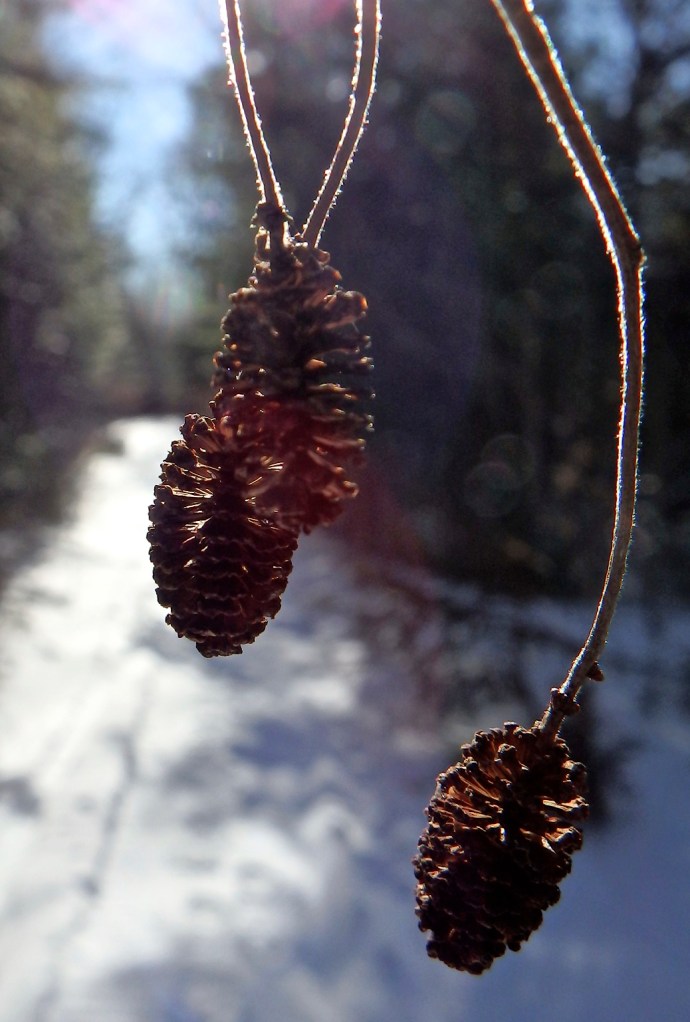

You must be logged in to post a comment.